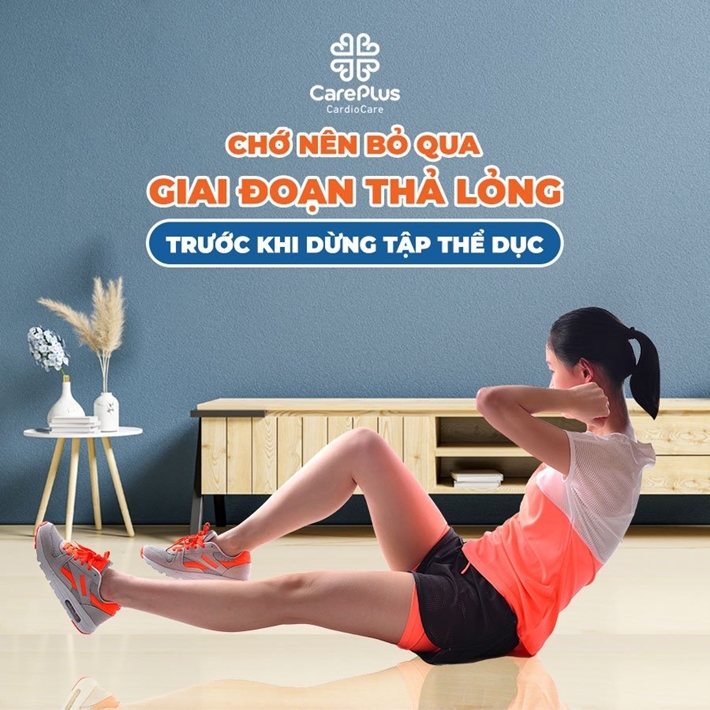The importance of relaxation before stop exercising
One point that people who practice sports often overlook is the relaxation phase before stopping the exercise. According to the physiological mechanism, the body will constrict the whole blood vessels, except for the brain, heart, and muscles in motion when exercising.

7/30/2021 12:17:12 AM
A point that people practice sports when stopping suddenly, at this time the heart rate and blood pressure are increasing, the blood vessels in the legs are dilated much, which will form "blood lakes" with large blood reserves. Blood supply to the brain and heart is regulated more quickly (a preferential mechanism).
However, because there is a large amount of blood being "trapped" in the legs, the blood supply to the brain and heart may be reduced, along with a fast heart rate that further minimises the perfusion time for the soul. This phenomenon may be more pronounced in people with pre-existing cardiovascular disease, causing symptoms of dizziness, lightheadedness, feeling of angina, shortness of breath, etc.
REASONABLE WAY TO DROP:
- Always take the last 5-10 minutes to reduce the intensity of exercise gradually. For example, when jogging, slowly change to walking and then stop altogether.
- When you come to a complete stop, spend another 5 minutes doing the stretch. Always breathe evenly when tense; this helps the muscles get enough oxygen, avoiding the production of lactic acid that causes muscle fatigue and cramps.
- Sit on a chair with a backrest to rest. You can start using water to quench your thirst. Often skipping that is the relaxation phase before stopping the exercise. According to physiological mechanisms, the body will constrict all blood vessels, except for the brain, heart, and muscles, in motion when exercising.